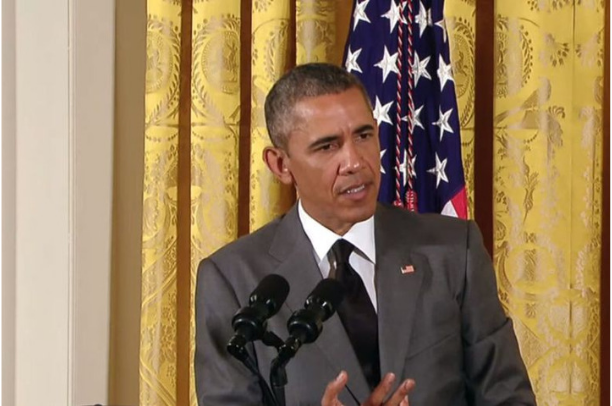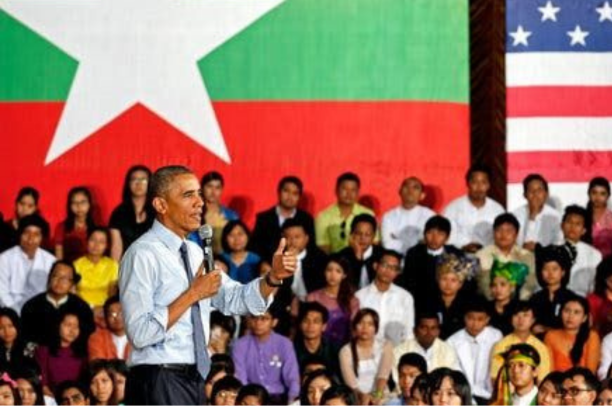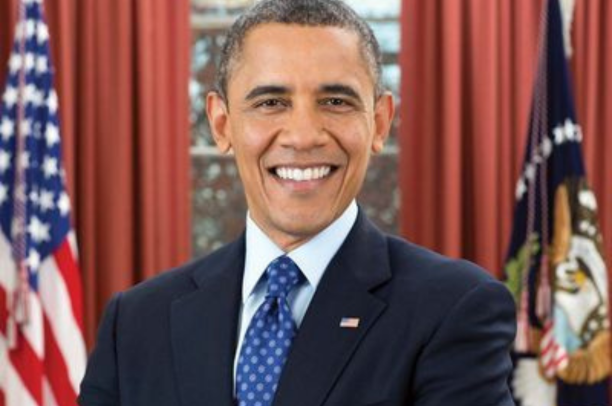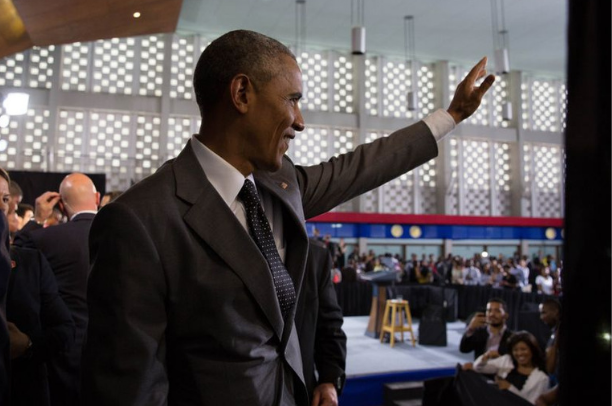Barack Obama Announces Presidential Exploratory Committee
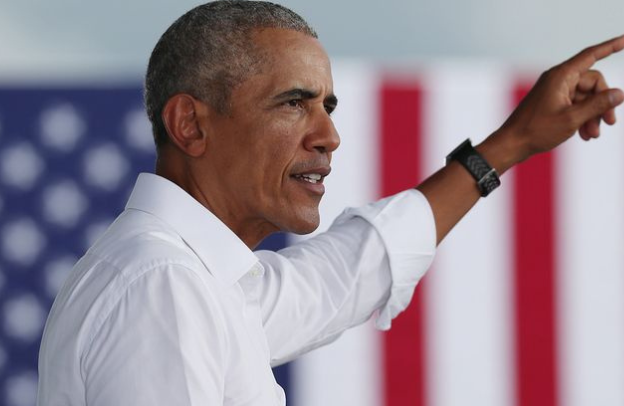
Having made himself out to be a politician who gives a listening ear to the concerns of citizens and tries his best to proffer solutions in ways he sees fit, it was quite clear that Barack Obama had his eyes on the white house. However, he takes his steps gradually by announcing his Presidential Exploratory Committee and to make his motives better understood, he builds his speech around a few themes which include but are not limited to a yearning for change, an assessment of the current situation of the nation, and the nation’s political climate. The speech was delivered on 16 January 2007.
Want to learn more about storytelling? Start by downloading the first chapter of The Storytelling Mastery.
As many of you know, over the last few months I’ve been thinking hard about my plans for 2008. Running for the presidency is a profound decision — a decision no one should make on the basis of media hype or personal ambition alone — and so before I committed myself and my family to this race, I wanted to be sure that this was right for us and, more importantly, right for the country.
I certainly didn’t expect to find myself in this position a year ago. But as I’ve spoken to many of you in my travels across the states these past months, as I’ve read your emails and read your letters, I’ve been struck by how hungry we all are for a different kind of politics. So I’ve spent some time thinking about how I could best advance the cause of change and progress that we so desperately need.
To learn more about Barack Obama, see the full series: Barack Obama Speeches
The decisions that have been made in Washington these past six years, and the problems that have been ignored, have put our country in a precarious place. Our economy is changing rapidly, and that means profound changes for working people. Many of you have shared with me your stories about skyrocketing health care bills, the pensions you’ve lost and your struggles to pay for college for your kids. Our continued dependence on oil has put our security and our very planet at risk. And we’re still mired in a tragic and costly war that should have never been waged.
But challenging as they are, it’s not the magnitude of our problems that concerns me the most. It’s the smallness of our politics. America’s faced big problems before. But today, our leaders in Washington seem incapable of working together in a practical, common sense way. Politics has become so bitter and partisan, so gummed up by money and influence, that we can’t tackle the big problems that demand solutions. And that’s what we have to change first. We have to change our politics, and come together around our common interests and concerns as Americans.
This won’t happen by itself. A change in our politics can only come from you — from people across our country who believe there’s a better way and are willing to work for it. Years ago, as a community organizer in Chicago, I learned that meaningful change always begins at the grassroots, and that engaged citizens working together can accomplish extraordinary things. So even in the midst of the enormous challenges we face today, I have great faith and hope about the future — because I believe in you.
And that’s why I wanted to tell you first that I’ll be filing papers today to create a presidential exploratory committee. For the next several weeks, I’m going to talk with people from around the country, listening and learning more about the challenges we face as a nation, the opportunities that lie before us, and the role that a presidential campaign might play in bringing our country together. And on February 10th, at the end of these discussions and in my home state of Illinois, I’ll share my plans with my friends, neighbors, and fellow Americans.
In the meantime, I want to thank all of you for your time, your suggestions, your encouragement, and your prayers. And I look forward to continuing our conversation in the weeks and months to come.
Want to learn more about storytelling? Start by downloading the first chapter of The Storytelling Mastery.
